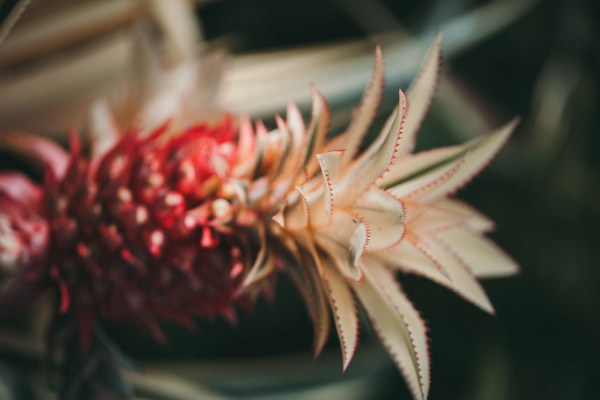A Comparative Analysis Yinyin Qingfei Pill vs Jinshuobao Unveiling the Differences
In the realm of traditional Chinese medicine, there are numerous herbal remedies that claim to offer relief for a variety of ailments. Two popular herbal preparations, Yinyin Qingfei Pill and Jinshuobao, have garnered attention for their supposed benefits in treating respiratory conditions. While both are designed to nourish the yin and clear the lungs, they differ in composition, usage, and therapeutic effects. This article delves into the distinctions between Yinyin Qingfei Pill and Jinshuobao, providing a comprehensive comparison to help readers make informed decisions about their health.

Yinyin Qingfei Pill, also known as the Lung-Nourishing and Phlegm-Relieving Pill, is a traditional Chinese herbal formulation primarily used to treat dry coughs, sore throat, and other respiratory issues stemming from yin deficiency. This herbal concoction is believed to nourish the lungs, moisten the throat, and relieve heat, thereby alleviating the symptoms associated with dry coughs and throat dryness.
On the other hand, Jinshuobao, or the Golden Water Treasure Pill, is another traditional Chinese medicine preparation that aims to nourish the lungs, kidneys, and liver. It is often prescribed for chronic respiratory diseases, such as chronic bronchitis, asthma, and emphysema, as well as kidney and liver dysfunction. Jinshuobao is thought to enhance the body's overall immunity, improve lung function, and promote the elimination of toxins.
Composition-wise, Yinyin Qingfei Pill consists of the following herbs: Fritillaria thunbergii, Platycodon grandiflorum, Isatis indigotica, and other herbs. These ingredients are believed to nourish the lungs, moisten the throat, and clear heat, making it suitable for treating dry coughs and sore throat.
In contrast, Jinshuobao includes a variety of herbs such as Cordyceps sinensis, Astragalus membranaceus, Panax ginseng, and others. These ingredients are thought to nourish the lungs, kidneys, and liver, and strengthen the immune system. The combination of these herbs in Jinshuobao aims to address the root cause of the disease and provide long-term relief.
In terms of usage, Yinyin Qingfei Pill is typically taken twice daily, with each dose containing 6 tablets. It is recommended to take the pill with warm water, and the treatment duration may vary depending on the severity of the symptoms. In contrast, Jinshuobao is also taken twice daily, with each dose containing 4 tablets. Similar to Yinyin Qingfei Pill, the treatment duration varies based on individual needs and the advice of a healthcare professional.
While both herbal preparations aim to nourish the lungs and alleviate respiratory symptoms, they differ in their therapeutic effects. Yinyin Qingfei Pill is primarily used for treating dry coughs, sore throat, and other symptoms of yin deficiency. It is an effective choice for those who experience persistent dry coughs and throat dryness. In contrast, Jinshuobao is more suitable for chronic respiratory diseases and kidney and liver dysfunction. It is believed to provide long-term relief and improve overall health.
In conclusion, Yinyin Qingfei Pill and Jinshuobao are two distinct herbal preparations that share the common goal of nourishing the lungs and alleviating respiratory symptoms. Yinyin Qingfei Pill is ideal for treating dry coughs and sore throat, while Jinshuobao is better suited for chronic respiratory diseases and kidney and liver dysfunction. It is essential to consult a healthcare professional before starting any herbal treatment, as individual needs and conditions may vary. By understanding the differences between these two herbal remedies, individuals can make informed decisions regarding their health and well-being.









